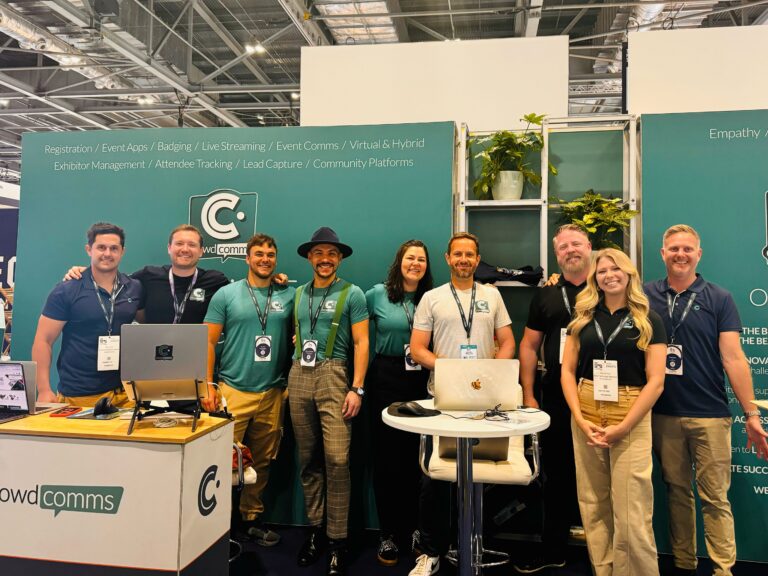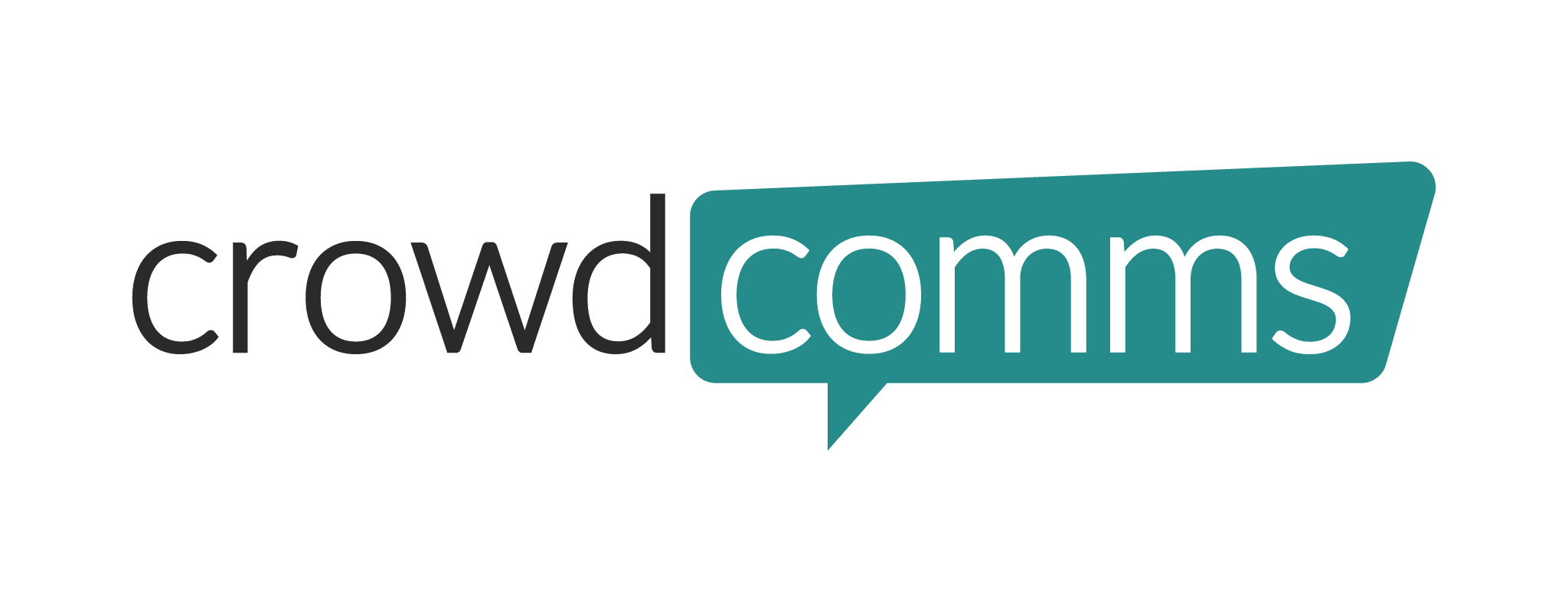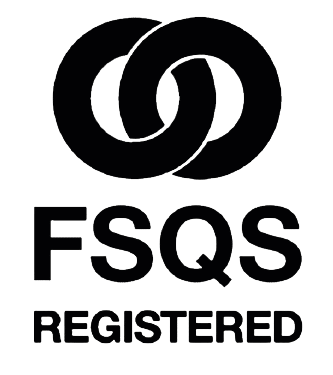Successful events start with data. Data tells event planners what works and what doesn’t. From monitoring attendance numbers and session popularity to analysing app feature usage and sponsor interactions, event data tracking unveils the hidden patterns and preferences that shape the event landscape.
As technology continues to propel the event industry forward, data has become more critical than ever for event planners, enabling them to ensure every event is an unforgettable and purposeful experience.
Why Data Matters
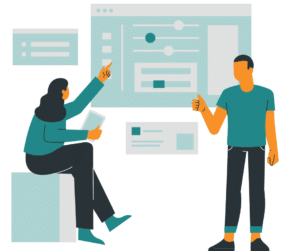
Data turns hunches and hypotheses into tangible facts. Data can quickly tell you when to stop spending money or when to start. It can give event sponsors certainty about their investment. And ensure new event features can be rolled out with confidence.
Let’s say an event organiser wants to trial opening the networking feature on their event app 3 weeks before the event starts. The feature will be available to registered event attendees so they can establish connections ahead of time, making meeting in-person more efficient and effective.
However, once the feature is launched, the event app data tells the organiser that only two people have accessed the networking event app space, despite healthy app downloads.
A quick app review shows that the networking feature isn’t visible on the main app menu – an easy fix! Once in place on the menu, attendees dive into the networking space. It’s a simple example, but it shows how data can deliver important insights to ensure changes can be made when necessary.
Event App Data
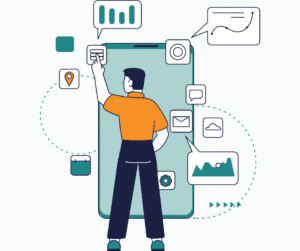
The event app is a key source of data analytics. A comprehensive event app, such as CrowdComms’, will deliver on-demand access to event app stats. These will include check-in activity (if used in conjunction with badging kiosks), session attendance, Q&A responses, Live Polling participation, evaluation feedback or document downloads, and event app feature usage, such as personalised agendas and gamification.
Let’s take a look at how these elements can deliver meaningful data for event planners:
Event Check-in
Has anyone seen paper-based registration out in the wild recently?! Digital registration and ticketing are now the standard, which means planners get accurate sign-up data from the start.
But, from there, planners also need to know how many people bought tickets vs. how many actually showed up on event day.
Badge-printing kiosks synced with an event app will tell planners how many attendees made it on the day. If there’s a large disparity between the two figures, organisers can start to work out what happened. Was there a disruptive weather event? Did an unexpected date clash occur with another event? Were event tickets priced too low?
Organisers may decide to contact people who had a ticket but didn’t attend to find out the reasons why. It could be a good time to also offer an incentive to attend the next event.
Whatever the reason and whatever the action planners decide to take, the kiosk data gives them valuable attendance data to make informed decisions for future events.
Session Attendance
Session planning is one of the most labour-intensive event elements. It takes a lot of time to curate a session schedule with super interesting speakers and topics. It’s therefore important to know how attendees responded to the session and workshop line-up.
Event apps can track a variety of data points to show planners the success of a particular session. These can include:
- Session check-in: how many people attended. Did they stay for the entire session or leave part way through?
- Interactive features: did people utilise the Q&A features or participate in any live polling?
- Session time: when was the session scheduled, and how long did it run for?
Along with post-event surveys, event app data sheds light on session success. Multiple data points dig deeper to give a more nuanced picture. Just because a session had maximum attendance doesn’t make it an automatic success. If people left part way through or didn’t participate in the Q&A section, it may mean the session content looked good on paper but wasn’t engaging in reality.
Conversely, a session towards the end of the day that only had 75% attendance but 100% participation in live polling and Q&A could be deemed much more successful.
These insights really help with future planning. Not just in terms of session content and speaker rosters but session timings, session length and overall scheduling. Ultimately, they help deliver effective and engaging sessions for future attendees.
Event App Features
High-quality event apps will come with numerous features. Understanding which ones are popular among event attendees will help improve the app’s future usability.
CrowdComms supports data tracking across our entire platform. This means planners can see straight away if the gamification feature was a hit, if the networking channels were utilised, and whether attendees personalised their event agenda.
The CrowdComms’ event app analytics will also show click-through rates for in-app URL links (both static pages and in pop-up notifications), document downloads and viewing stats for videos (live and on-demand).
The usage of each event app feature may depend on a number of factors, such as attendee demographics and event type. Event app feature usage data will deliver a juicy set of facts to help hone the event app set-up, promotion and feature access to suit specific event attendees.
Sponsor Content and Lead Generation
Want to secure valuable event sponsorship? Tracking sponsor content visits helps demonstrate attractive event ROI to potential sponsors.
Many sponsors will look for an event that offers opportunities to: increase brand visibility, encourage attendees to engage with sponsor content and generate high-quality leads.
Visibility and Connection
Find an event app that offers multiple ways for attendees to see and engage with sponsor branding and content. For example, the CrowdComms’ event app supports sponsor videos, pop-up notifications with URL links, rotating banners, and dedicated app pages.
For each element (relative to format), our analytics can show video viewing numbers, click-through rates, time-spent-on-page and brand views (e.g., if a sponsor logo appears on a session page).
Lead Generation
Some event apps, including CrowdComms, allow attendees to scan QR codes or engage in lead-generation activities at sponsor booths.
Dedicated lead generation features should enable sponsors to easily access relevant data such as name, organisation, contact details, and position title. From here, sponsors can track conversion rates and pipeline activity.
Surveys and Qualitative Data
While quantitative (measurable) data gives event planners great information, access to qualitative (language-based) data is as equally important. Together, the two data types generate a more comprehensive picture.
For example, an event session with a capacity for 100 people receives fewer than 20 attendees. The quantitative data suggests this session was of no interest to attendees. However, a post-event survey (qualitative) asks attendees to give feedback on this session via an open question. The written responses reveal that a different and recent event covered the same topic, so attendees didn’t feel the need to revisit similar content.
Qualitative data can be an effective way to clarify quantitative data. Post-event surveys are, therefore, a key part of any event app. Surveys should have custom design fields so planners can ask the questions relevant to their event and attendees.
A Final Word on Data Privacy
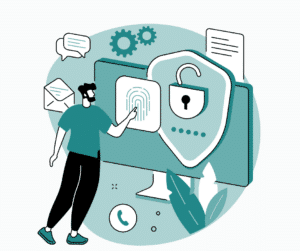
Keeping attendees’ data safe, secure and private is critical when it comes to data tracking. Data privacy and protection laws designed to safeguard the personal information of attendees must be adhered to by an event app provider.
Compliance with local data privacy regulations (such as GDPR) not only ensures that attendee data is handled responsibly but also fosters transparency between event organisers and participants. By choosing event tech providers who demonstrably adhere to these laws, event planners can create a secure and ethical environment for data tracking, bolster attendee confidence, and maintain the reputation of their events by using trustworthy and privacy-conscious platforms.
In Summary
Beyond offering information, convenience, and networking opportunities, events apps are treasure troves of data that help assess event success, improve future events, and provide valuable insights to sponsors. By tracking event attendance numbers, session attendance, feature popularity, and sponsor interactions, via quantitative and qualitative data, event apps empower organisers to create memorable and engaging experiences for attendees.
